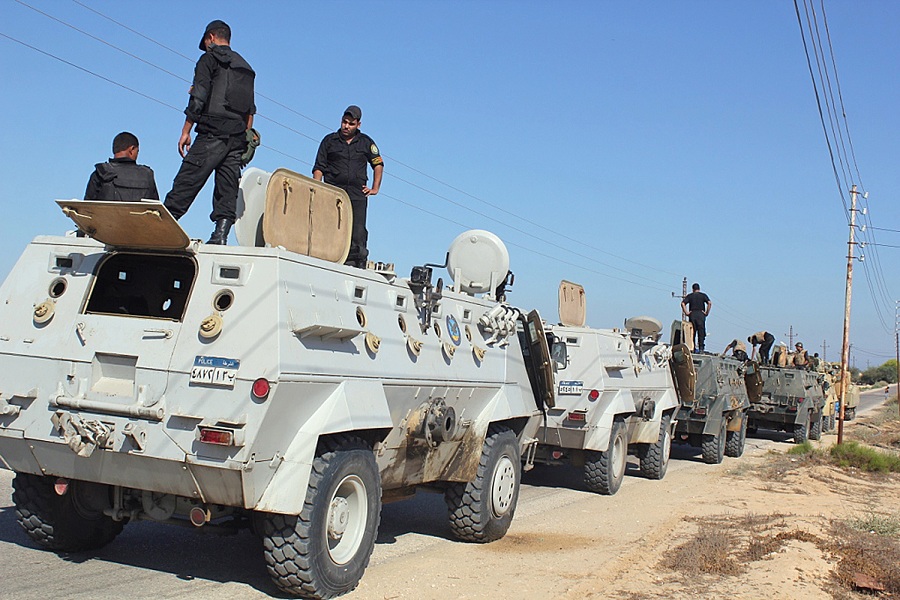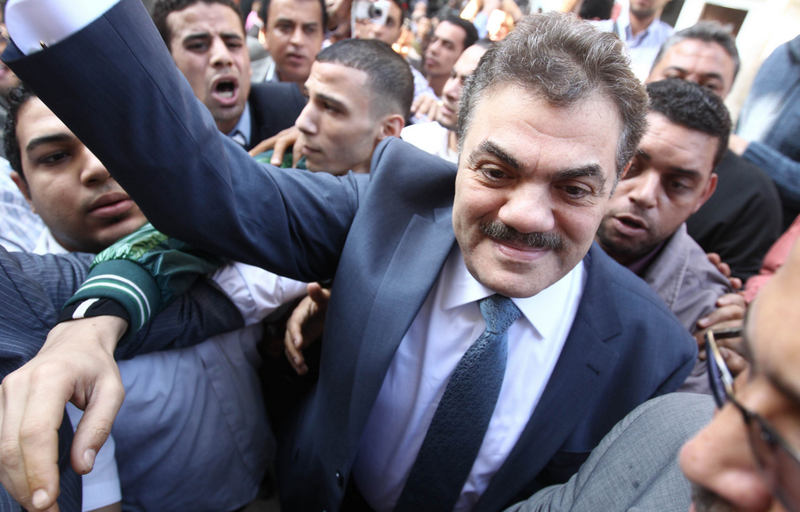I was not yet born when, on June 21, 1963 US President John F. Kennedy spoke those immortal words: Ich bin ein Berliner from the balcony of West Berlin s city hall, the Rathaus Schönenberg.
It was a notable moment in the Cold War, a great source of morale-boosting support for West Berliners and a powerful rallying cry for freedom around the world. As a British citizen of the Muslim faith, those four words, uttered by a stylish and inspirational American president, illustrated to me the value of clear and determined American leadership in international affairs at a time of mounting global tension; we were all Berliners that day.
Today, we find ourselves in very different times. American popularity in Europe and elsewhere, especially in the Arab and Muslim worlds, is at an all-time low. An ill-defined and poorly executed mission in Iraq has led to the deaths of hundreds of thousands of Iraqi civilians and more than 4,000 American soldiers, as well as the tearing apart of Iraq s delicate ethnic and social fabric.
The war has provided further cause and recruits to terrorists and their demented war against humanity, as proven by recent bombings in Bali, Madrid and London. American leadership in the war on terror has become synonymous with a war on Islam , Guantanamo , and extraordinary rendition . Torture scandals in Abu Ghraib and the practice of water-boarding have defined American double standards for many.
But what this perspective misses is the fact that beneath the criticism lurks a deep longing for the best kind of American leadership – the kind of leadership JFK provided in that moment in Berlin, and the kind foreigners like me hope to see again, regardless of who provides it. Our hope is that the United States has the power to learn from its mistakes and allow its better side to shine through.
On September 11, 2001, billions around the world watched with disbelief and horror as 19 men, in the name of Islam, killed nearly 3,000 people in New York City alone. The empathy was widespread; Britain, with its strong transatlantic ties and similar world standing, perhaps best understood the trauma that the world s superpower had endured.
Having lived in New York, I too felt the deep pain and was conscious of how long it would take the country to heal. On that day, as I watched from Beirut, humankind itself was attacked in the most brutal and barbaric way. At that moment, we really were all Americans.
Perhaps the events of that day explain how a US president rallied his people and decided to ultimately go it alone. Why he chose to pursue the terrorists overwhelmingly through military force. From that day, the world was split from its whole into two – them and us.
But a world divided has proved much harder to lead.
From my current home in Doha, along with many others around the world, I am now intently watching the current race for 1600 Pennsylvania Avenue.
What happens here will affect the whole world. Many have not forgiven the re-election of President George W. Bush in 2004 and want to reverse what he has done. However, even the most anti-American must now acknowledge the current vibrancy of the American democratic experience, where we have seen the emergence of an inspirational minority figure – an African American – and a Vietnam War veteran.
Now is the time to move on from the present and work harder and smarter for the future. The recent past has taught us that great, powerful countries always need great leaders, and we now look for such leadership. We look forward to the revival of the spirit of JFK and of those four words that said so much about the breaking down of walls and the merging of interests worldwide to support a common cause. We hope for a transformational US presidency that builds new bridges and new understandings abroad. Such foundations have become urgent if we are to move beyond the fear and anger that have characterised the last decade.
Perhaps then, the world can become whole again.
Salman Shaikh is a political analyst who has spent the past decade working on Middle East peace-making efforts with the United Nations. This article was written for the Common Ground News Service (CGNews) and can be accessed at www.commongroundnews.org.



